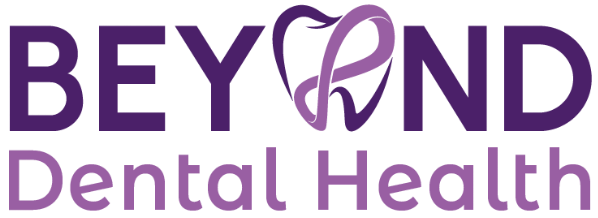The Connection Between Nutrition and Sleep:
What you eat and when you eat it has a direct impact on your sleep quality. Certain foods and eating habits can either promote relaxation or contribute to sleep disturbances. A well-balanced diet that provides essential nutrients can help regulate your sleep patterns and improve overall sleep quality. By paying attention to what you eat and when you eat, you can take a proactive approach to improving your sleep.
Foods That Promote Good Sleep:
- Foods high in tryptophan: A lot of us think first about tryptophan and Thanksgiving turkey and joke about falling asleep after eating. Tryptophan is an amino acid that helps produce serotonin, a neurotransmitter that plays a crucial role in regulating sleep. Foods high in tryptophan include turkey, and also chicken, fish, eggs, nuts, seeds, and dairy products.
- Complex carbohydrates: Whole grains, such as brown rice, quinoa, and whole wheat, can help promote the production of serotonin. Additionally, complex carbs can help regulate blood sugar levels and prevent sudden spikes that could disrupt sleep.
- Magnesium-rich foods: Magnesium is a mineral that has been shown to have a calming effect on the nervous system, which can help with sleep. Foods rich in magnesium include almonds, spinach, pumpkin seeds, and yogurt.
- Herbal teas: Certain herbal teas, such as chamomile, valerian root, and lavender, have been known to help induce relaxation and improve sleep quality.
Foods and Eating Habits to Avoid for Better Sleep:
- High-fat foods: Consuming large amounts of fatty foods, especially before bedtime, can lead to indigestion and heartburn, which can disrupt sleep.
- Caffeine: It’s no secret that caffeine can keep you awake. Limit your intake of coffee, tea, and chocolate, especially in the evening.
- Alcohol: While alcohol might make you feel drowsy initially, it can disrupt your sleep cycle later in the night, leading to poor sleep quality.
- Large meals before bedtime: Eating a heavy meal too close to bedtime can make it difficult for your body to wind down and fall asleep. Try to finish your dinner at least 2-3 hours before you plan to sleep.
- Sugary foods: Consuming excessive amounts of sugar can cause fluctuations in blood sugar levels, leading to sleep disturbances. Opt for healthier alternatives when you have a craving for something sweet.
In conclusion, a well-balanced diet can significantly impact your sleep quality. By incorporating sleep-promoting foods and avoiding sleep-disrupting habits, you’ll be on your way to a restful night’s sleep. Don’t forget that good oral health plays a crucial role in your overall well-being, too! For any dental concerns or to learn more about our sleep therapy and TMJ and craniofacial pain therapy services, please feel free to reach out to our office. Our experienced team is here to provide personalized care and help you achieve optimal health in every aspect of your life.
Additional Tips for Better Sleep:
- Establish a consistent sleep schedule: Going to bed and waking up at the same time every day, even on weekends, can help regulate your internal clock and improve the quality of your sleep.
- Create a relaxing bedtime routine: Engage in calming activities before bedtime, such as taking a warm bath, reading a book, or practicing meditation to signal your body that it’s time to wind down.
- Optimize your sleep environment: Make sure your bedroom is cool, dark, and quiet. Invest in a comfortable mattress, supportive pillows, and blackout curtains if necessary.
- Limit exposure to screens before bedtime: The blue light emitted from smartphones, tablets, and computers can interfere with the production of melatonin, a hormone that helps regulate sleep. Try to avoid screens for at least an hour before bedtime.
- Exercise regularly: Incorporating regular physical activity into your routine can help improve sleep quality, reduce stress, and increase overall well-being. Aim for at least 150 minutes of moderate aerobic exercise per week, along with strength training exercises for all major muscle groups at least twice a week.
Remember, your overall health and well-being are intertwined with your oral health. At our dental office, we are committed to providing comprehensive care that addresses all aspects of your health, from general and specialty dentistry to sleep therapy and TMJ and craniofacial pain therapy. We are here to help you achieve a healthier and happier life through our personalized approach and expert guidance.
If you have any concerns or questions about your dental health or sleep habits, please don’t hesitate to contact us to schedule an appointment. We look forward to partnering with you on your journey to better health and restorative sleep.”>


